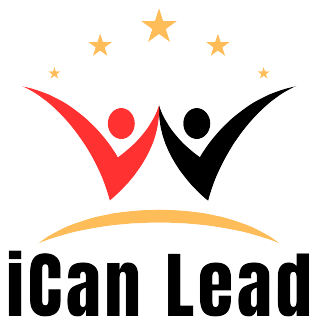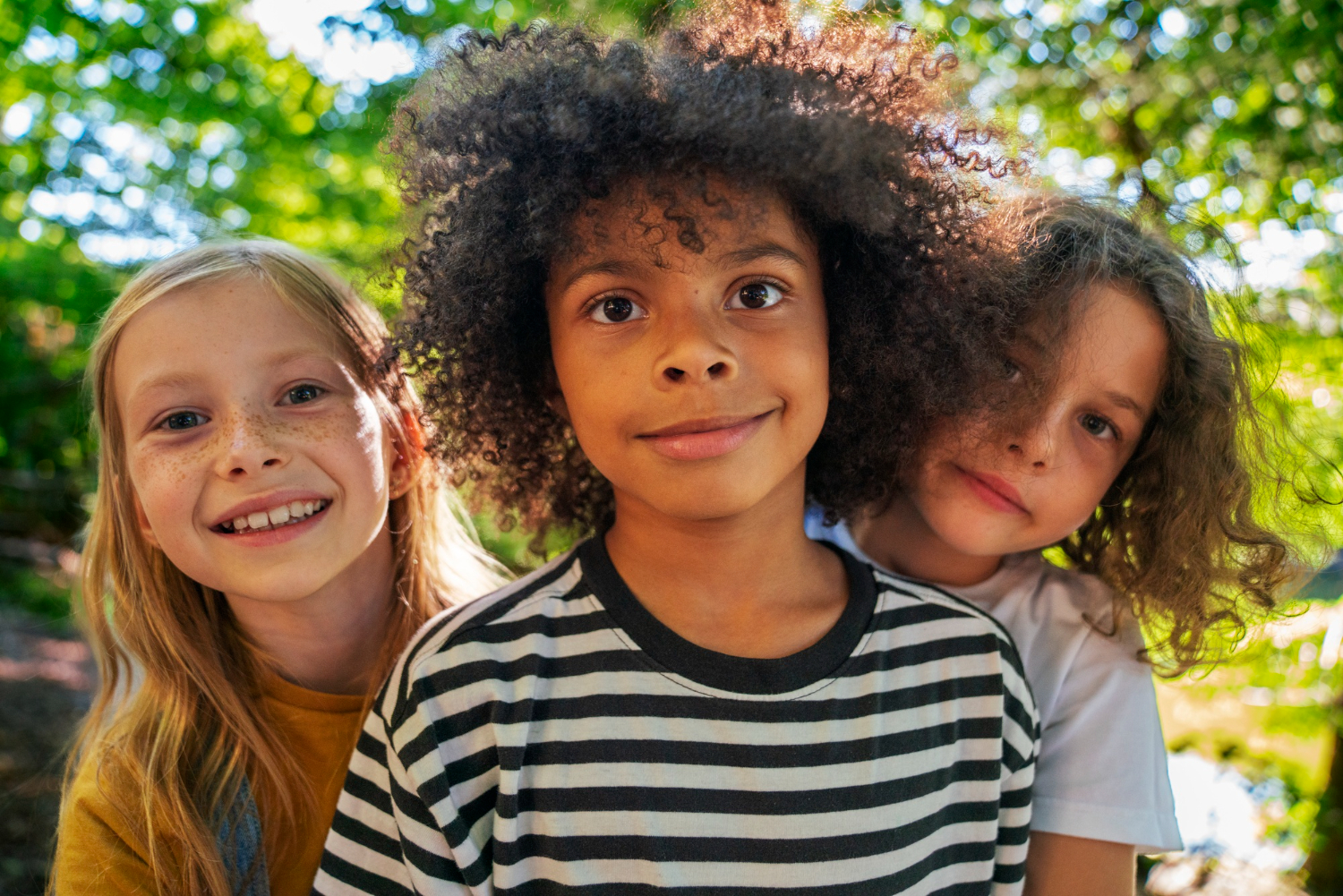Introduction: In today’s fast-paced world, children encounter various challenges that can sometimes feel overwhelming. However, amidst these challenges, there lies a powerful resource often overlooked – the support and understanding of peers. Our Peer to Peer program stands as a beacon of support, providing a nurturing environment where children can connect with others facing similar hurdles. Through the guidance of trained peer facilitators, participants embark on a journey of growth, resilience, and meaningful connections.
What is Peer to Peer?
Peer to Peer is more than just a program; it’s a community where children find solace in shared experiences. Here, they have the opportunity to engage in open and honest discussions, realizing that they are not alone in their struggles. Whether it’s navigating school pressures, coping with family dynamics, or dealing with personal challenges, every participant finds a supportive network within Peer to Peer.
The Role of Peer Facilitators:
Central to the success of our program are our trained peer facilitators. These individuals, often older peers who have themselves journeyed through similar challenges, serve as guides and mentors to the participants. Their role is multi-faceted, encompassing facilitation of group discussions, organization of activities, and most importantly, providing empathetic support. Through their leadership, participants not only learn valuable life skills but also witness firsthand the power of empathy and understanding.
Key Components of the Program:
- Group Discussions: Facilitated by peer leaders, group discussions provide a safe space for participants to share their experiences, concerns, and triumphs. Topics range from managing stress to building healthy relationships, fostering an environment of learning and mutual support.
- Skill-Building Activities: From team-building exercises to mindfulness practices, our program incorporates various activities designed to enhance participants’ resilience and coping mechanisms. Through these activities, children learn practical strategies to navigate life’s challenges with confidence and grace.
- Peer Support Networks: Beyond structured sessions, Peer to Peer encourages the formation of lasting connections among participants. Through peer support networks, children have access to ongoing encouragement and understanding, strengthening their sense of belonging and resilience.
Benefits of Peer to Peer:
The benefits of our program extend far beyond the sessions themselves. By participating in Peer to Peer, children:
- Develop empathy and understanding towards others.
- Build resilience and coping skills in a supportive environment.
- Form meaningful connections with peers who understand their experiences.
- Gain confidence in navigating challenges and seeking support when needed.
Conclusion:
At its core, Peer to Peer is more than just a program – it’s a testament to the power of connection and understanding. Through facilitated group discussions, skill-building activities, and the guidance of trained peer facilitators, children embark on a transformative journey of growth and resilience. In Peer to Peer, they find not only support but also a community where their voices are heard, their experiences validated, and their potential unleashed.




